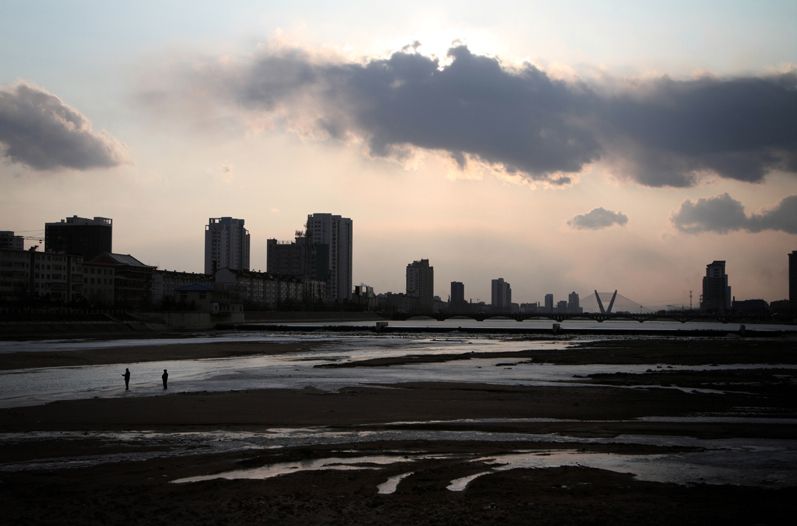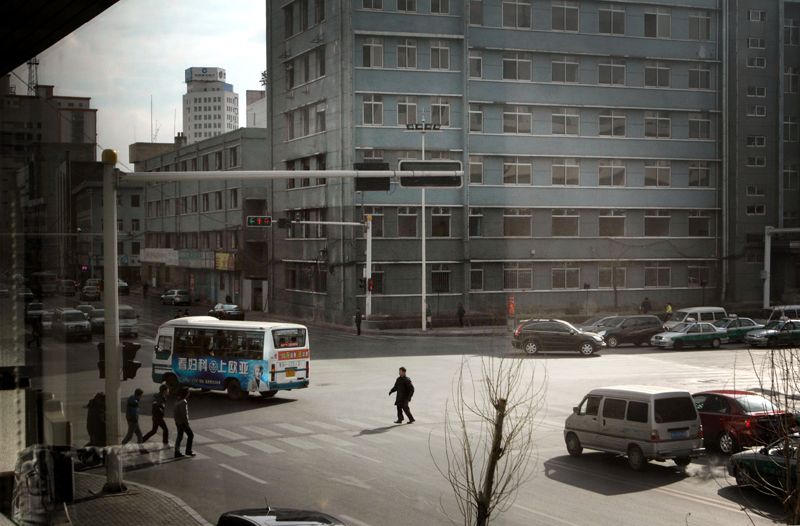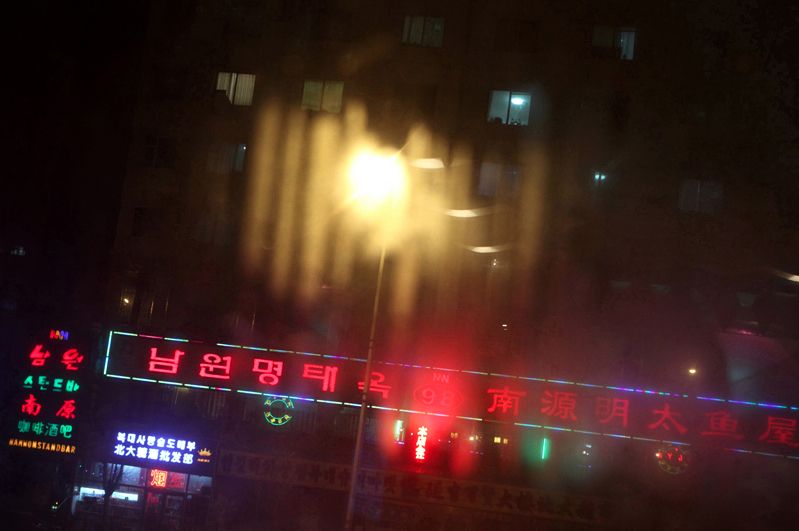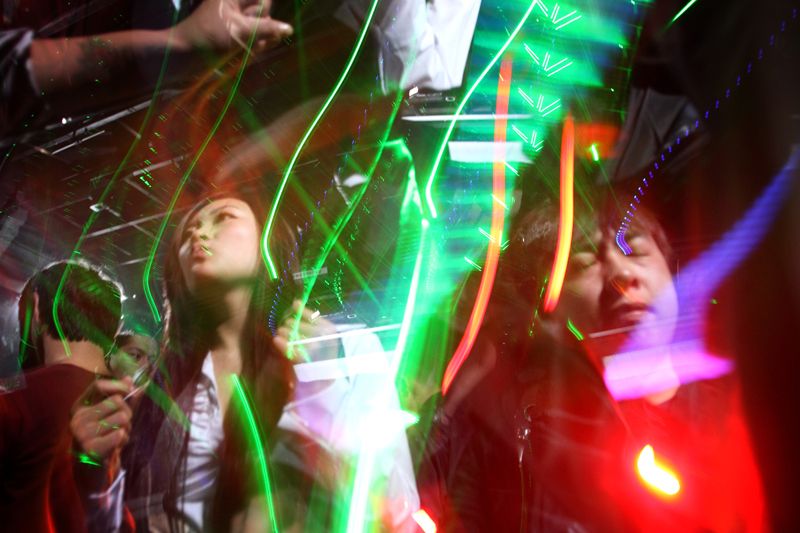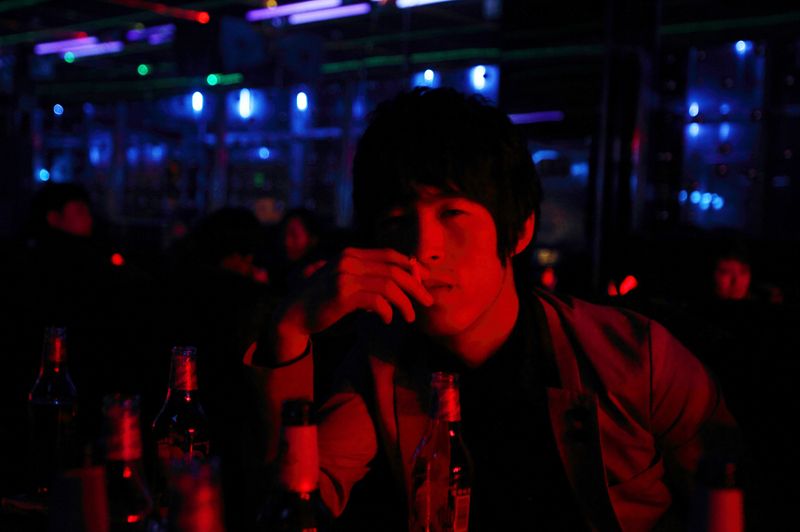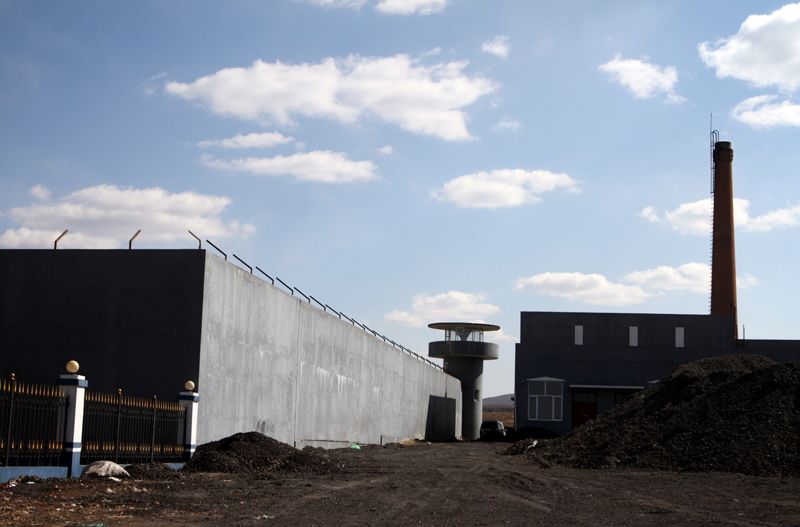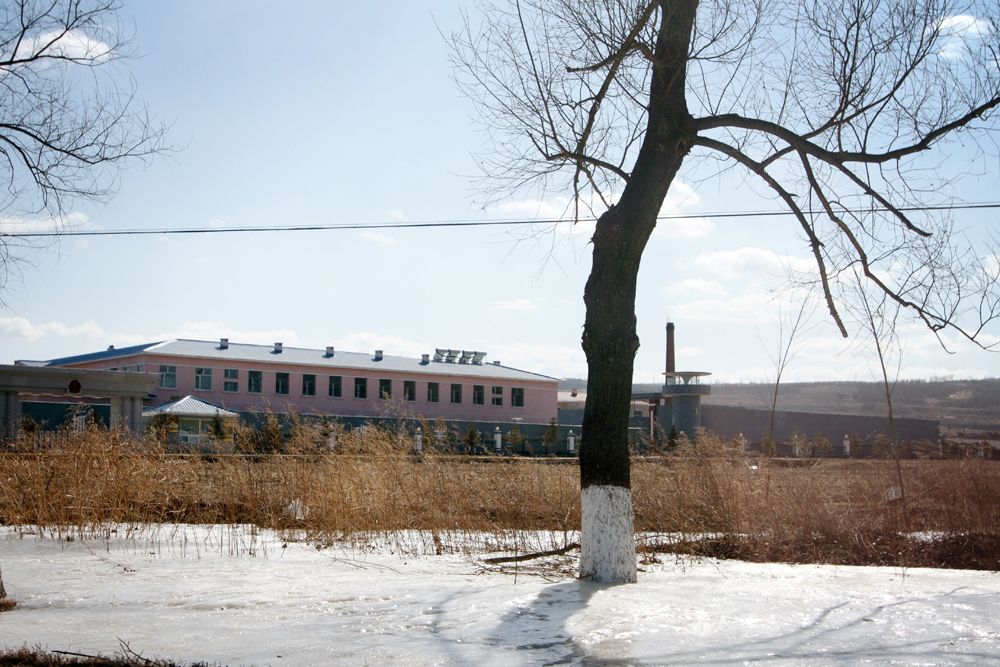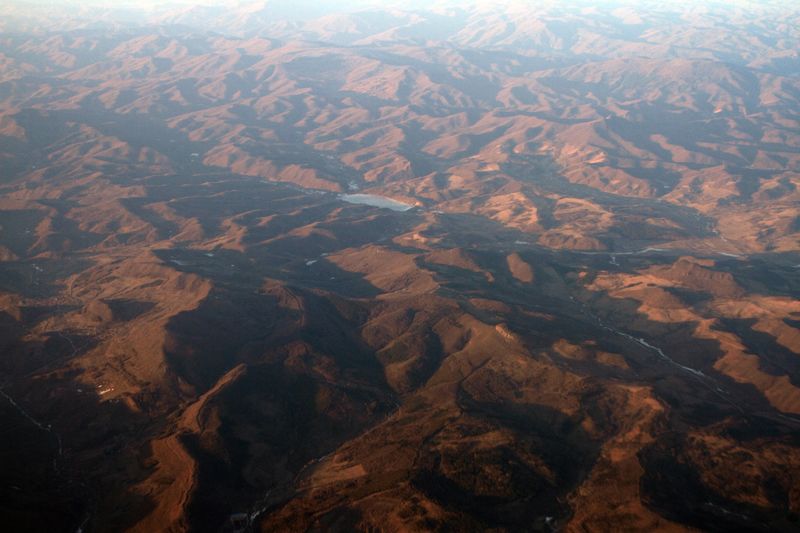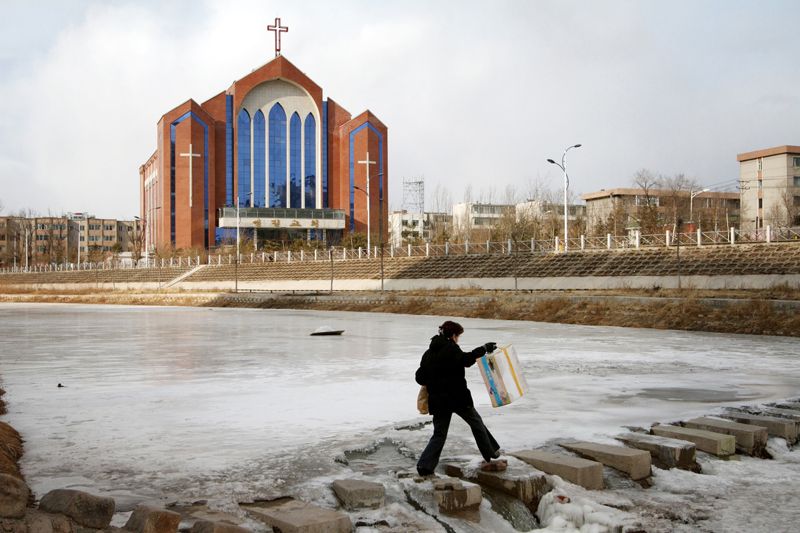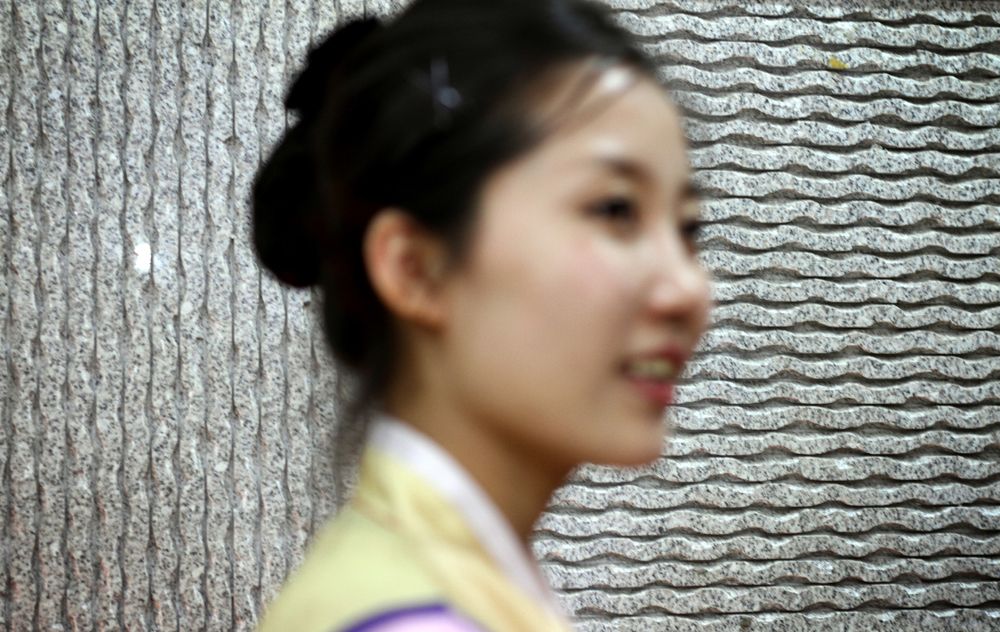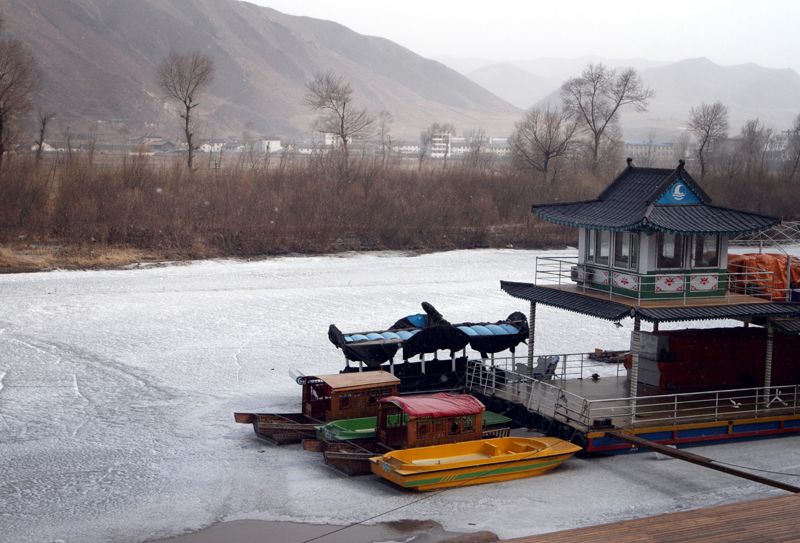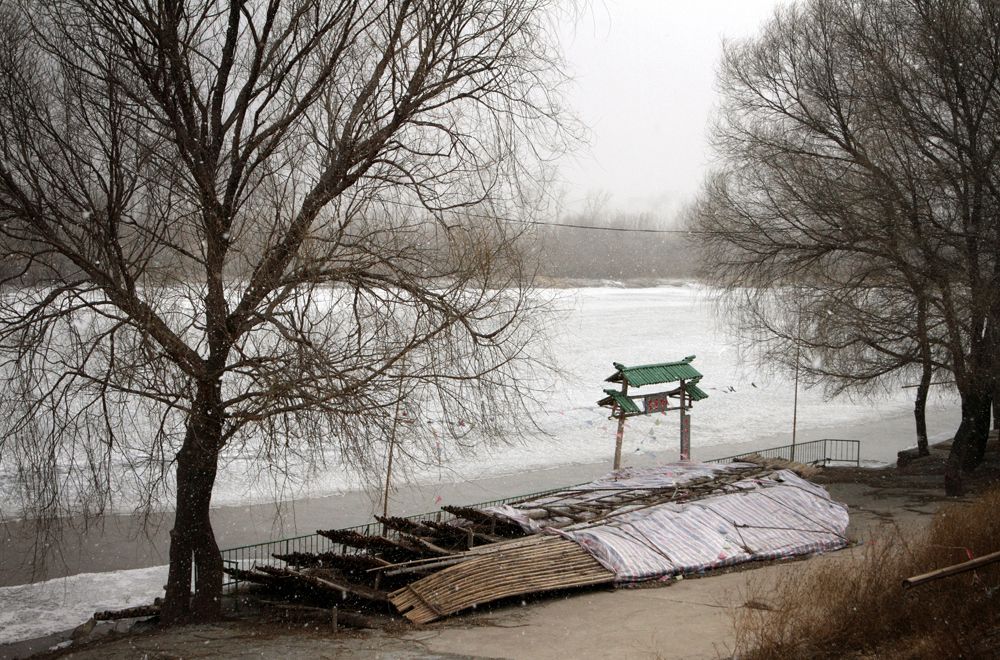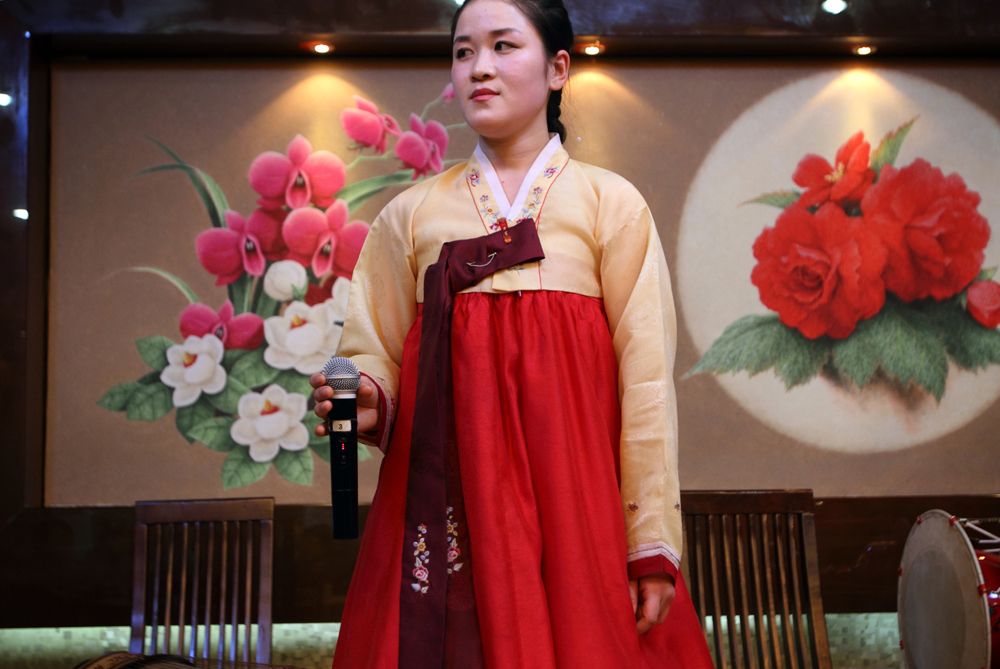June 20, 2011 | Pulitzer Center
Since devastating rains in the late 1990’s destroyed their poppy crop, North Korean enterprises have turned to the production of crystal meth as their export drug of choice. Much of the drug passes through the DPRK’s porous border with northeast China, especially the Korean autonomous prefecture in the province of Jilin, which has become one of the country’s largest markets for what the Chinese call ice.
